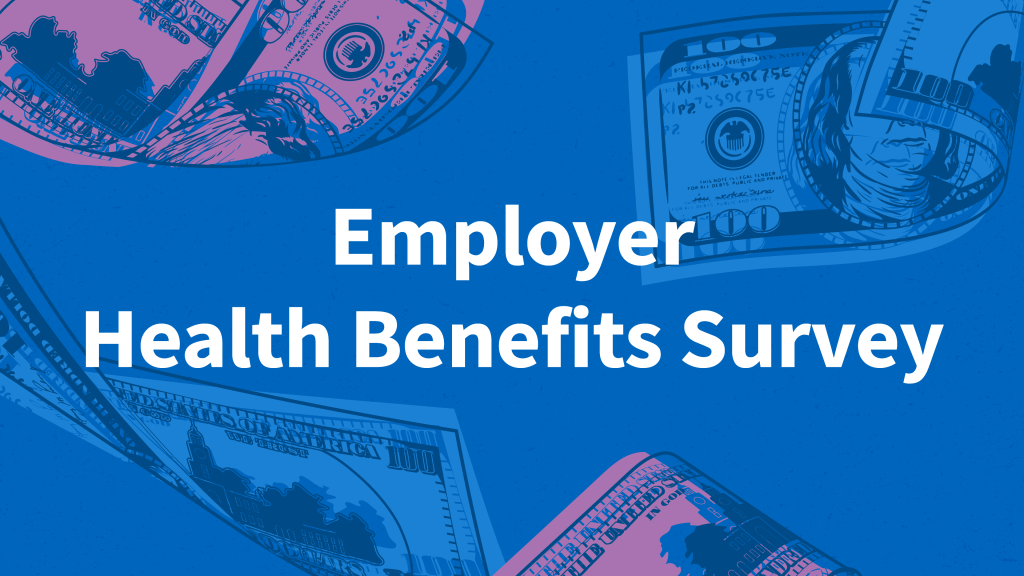Web Briefing for Media – The Supreme Court, Birth Control, and Religious Freedom: Implications of Zubik v. Burwell
On March 23, the U.S. Supreme Court will hear Zubik v. Burwell, legal challenges brought by nonprofit corporations challenging the Affordable Care Act's contraceptive coverage requirement. The 2014 Hobby Lobby decision established that certain firms with religious beliefs should be relieved of the requirement of paying for contraceptive coverage. In this case, religious nonprofits are objecting to the regulations that the Obama Administration has developed to accommodate their religious objections to birth control, claiming it still burdens their religious beliefs. After the death of Justice Antonin Scalia, this already complicated case has taken on yet an additional question. Given that the Court will be operating with only 8 Justices, what would be the impact of a tie (4-4) decision? To address the legal and policy questions raised by the case, the Kaiser Family Foundation will hold an interactive web briefing exclusively for journalists.
